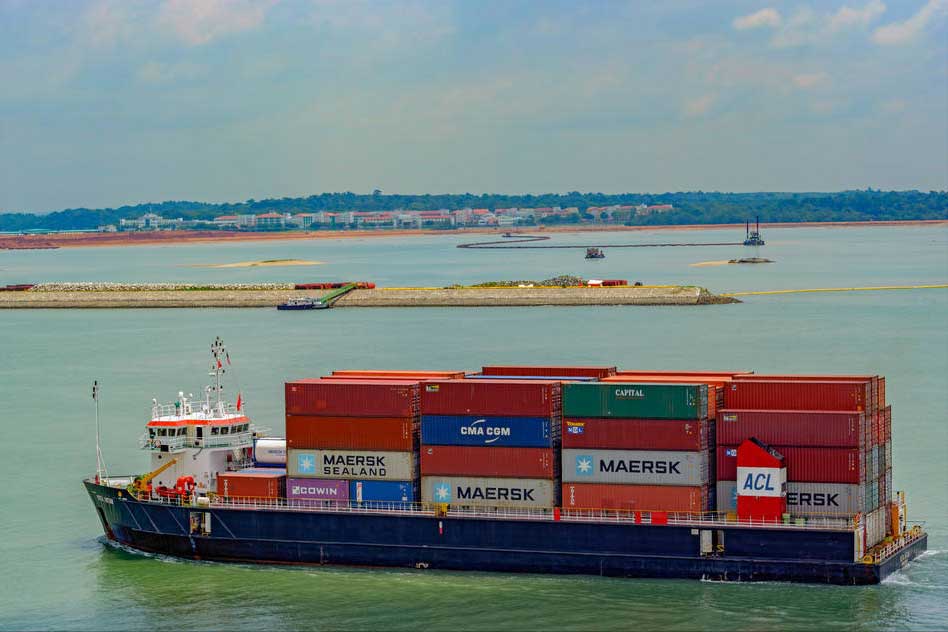
What are the core roles of freight forwarders in export trade?
As a crucial link in international trade, professional freight forwarding companies primarily offer three core services:
- Logistics plan design
- Select the optimal mode of transportation (sea/air/rail) based on the characteristics of the goods.
- Optimize multimodal transport routes to reduce transportation costs
- Coordinate the connection timeliness of global ports/airports
- Commercial compliance guarantees
- Handling HS Code Classification and Tariff Pre-assessment
- Prepare a full set of customs clearance documents (Bill of Lading/Packing List/Certificate of Origin).
- Addressing Technical Barriers to Trade in the Destination Country
- Risk control system
- Customized Transportation Insurance Plan
- Track cargo status in real time
- Handling claims for sudden delays or cargo damage
How to evaluate the professional competence of a freight forwarding company?
When selecting a freight forwarder, the following five key dimensions should be prioritized:
- Qualification certification system: Check international certifications such as FIATA and WCA.
- Route coverage density: Proportion of proprietary booking rights on major trade routes
- The digital capacity: By 2025, 84% of global freight forwarders have achieved end-to-end visual tracking.
- Crisis handling cases: Request for examples of emergency solutions such as customs seizure of goods.
- Customer structure composition: The proportion of clients served within the same industry.
What hidden costs are included in freight forwarding service fees?
To avoid fee disputes, special attention must be paid to the following three hidden costs:
- Supplementary seasonal fees: By 2025, shipping alliances will widely implement dynamic surcharge mechanisms.
- Demurrage calculation rules: The free container usage periods vary among different shipping companies.
- Document certification fees: Consular legalization, AEO certification and other government fees
Year 2025International freightWhat are the new trends?
According to the latest report from The International Air Cargo Association (TIACA):
- Green logistics: 85% of major shipping routes now offer carbon-neutral transportation options.
- Blockchain application:The coverage rate of electronic bills of lading has increased from 2% in 2020 to 39%.
- intelligent customs declaration: The error rate of the AI automatic classification system has been reduced to below 0.7%.
How to Prevent Common Transportation Risks?
Based on 20 years of case handling experience, the following prevention and control measures are recommended:
- Risk of compliance: Establish a product database to automatically match technical regulations across different countries.
- 10. Transportation Risk: Request the freight forwarder to provide real-time temperature and humidity monitoring equipment (for precision instruments).
- Risk of Payment: Use an Escrow account for freight payment escrow settlement.


 Follow Customer Service WeChat
Follow Customer Service WeChat